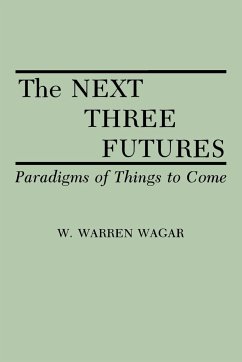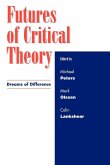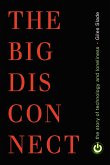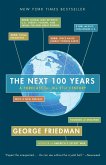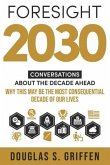Wagar pulls together all aspects of futures studies in this unique volume--comprising a vital introduction to, and defense of, the impressive array of futurist inquiry. The book examines how futurists think and work. It compares and analyzes their ideas on a wide range of topics, including the environment, politics, economics, war and peace, and sociocultural issues. Wagar also shows how the three ideological paradigms within the futures field, the technoliberal, the radical, and the countercultural, play a role in the study of the future. The organizing theme of this unique work by W. Warren Wagar is the way in which images of alternative futures are shaped by ideological differences in the present. Wagar identifies three principal camps of futurist thought: technoliberals, radicals, and counterculturalists. By far the largest group are the technoliberals--supporters of parliamentary democracy, civil liberties, free enterprise, and technological progress. Radicals occupy the Marxist and democratic-socialist Left, while counterculturalists espouse decentralist, eco-pacifist, and New Age values. The Next Three Futures pulls together all aspects of futures studies--comprising a vital introduction and outline of the many worlds of futurist inquiry. The book consists of two parts: the first an examination of how futurists think and work; the second a comparative and critical analysis of their ideas on a wide variety of topics. After a short prologue, the first chapter defines the scope and limitations of futures research, and discusses its chief methodologies. The next chapter gives a valuable intellectual history of futurism from its earliest origins, with special emphasis on the work of H. G. Wells. The idea of the ideological paradigm in futures studies is described in the third chapter. The following four chapters, making up part two, investigate the thinking of contemporary futurists on the environment, economic and political developments, war and peace, and societal/cultural issues. Wagar's epilogue considers the possibility that the technoliberal, radical, and countercultural futures may all lie ahead for humankind, but at different stages and times in the years to come. This highly readable volume will be of great value to students of futurism, futurists, political scientists, sociologists, economic forecasters, environmentalists, and anyone else fascinated by the study of the future.

